I feel like there is probably a better way to do this in tidyverse than a for-loop. Start with a standard tibble/dataframe, and make a list where the name of the list elements are the unique values of one column (group_by?) and the list elements are all the values of another column.
my_data <- tibble(list_names = c("Ford", "Chevy", "Ford", "Dodge", "Dodge", "Ford"),
list_values = c("Ranger", "Equinox", "F150", "Caravan", "Ram", "Explorer"))
# A tibble: 6 × 2
list_names list_values
<chr> <chr>
1 Ford Ranger
2 Chevy Equinox
3 Ford F150
4 Dodge Caravan
5 Dodge Ram
6 Ford Explorer
This is the desired output:
desired_output <- list(Ford = c("Ranger", "F150", "Explorer"),
Chevy = c("Equinox"),
Dodge = c("Caravan", "Ram"))
$Ford
[1] "Ranger" "F150" "Explorer"
$Chevy
[1] "Equinox"
$Dodge
[1] "Caravan" "Ram"
It can be accomplished with a for-loop but I bet there is a tidyverse function that makes it more simple/faster, etc.
desired_output <- list()
for(i in seq_along(my_data$list_names)) {
entry <- my_data %>%
filter(list_names == my_data$list_names[i]) %>%
pull(list_values)
desired_output[[my_data$list_names[i]]] <- entry
}


